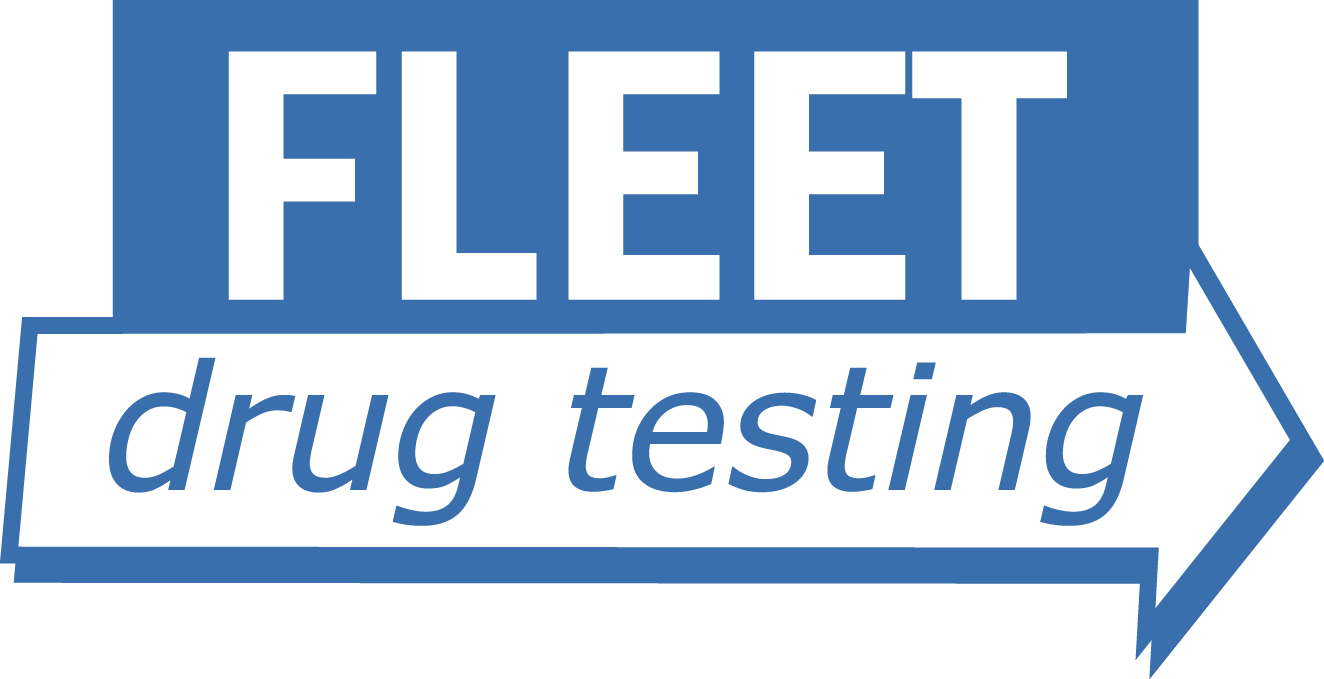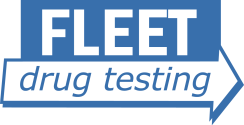The transportation industry is one of our economy’s most important, accounting for over $875 billion in revenue in 2021 according to the American Trucking Association. Because this industry is so important, it’s heavily regulated by the federal government, specifically the U.S. Department of Transportation (DOT). The primary responsibility of the DOT is to ensure the safety, efficiency, and reliability of the nation’s transportation system through the development and implementation of various policies, programs, and regulations. Of these, one of the most crucial is the official DOT Drug and Alcohol Testing Program.
The DOT Drug and Alcohol Testing Program, which is administered and regulated in conjunction with the Federal Motor Carrier Safety Administration (FMCSA), is critical to the overall safety of both truck drivers and those they share the road with. If your business deals in any way with freight transportation, it’s important to understand how the DOT Drug and Alcohol Testing Program works and how it could factor into your company.
Let Fleet Drug Testing Handle Your DOT Testing Needs
At Fleet Drug Testing, we know how important compliance is to your business. Whether you’re an owner-operator or manage a fleet of vehicles, DOT drug and alcohol testing plays a huge role in your day-to-day business. When you need to ensure that you’re on top of DOT testing requirements, don’t hesitate to reach out to our team. We offer a full slate of products and services that can meet all of your needs. Contact us today to get started.An Overview of the DOT Drug and Alcohol Testing Program
As an official regulation, the DOT Drug and Alcohol Testing Program is a federally mandated regulatory program designed to promote safety in the transportation industry. The DOT’s drug and alcohol testing program applies to employees in the following industries:- Aviation
- Trucking
- Railroads
- Mass transit
- Commercial truck drivers
- Bus drivers
- Airline pilots
- Flight attendants
- Air traffic controllers
- Railroad engineers
- Conductors
- Subway operators
- Ship captains
- Pipeline operators
- Hazardous materials transporters
- Maintenance and repair technicians for transportation vehicles
- Dispatchers
- Security personnel responsible for the safety of transportation facilities and operations.
- The types of drug tests that must be conducted
- The procedures for conducting tests
- The consequences for individuals who test positive
How Does the DOT Drug and Alcohol Testing Program Work?
Not only does the DOT testing program outline which employees must be tested, but it also outlines the standard procedure and conditions under which these employees must undergo testing. According to the program’s regulations, testing occurs in the following conditions:- Pre-employment testing – Before an employee can be hired for a safety-sensitive position, they must undergo a drug and alcohol test. If the test results are positive, the employee cannot be hired.
- Random testing – Employees in safety-sensitive positions are subject to unannounced drug and alcohol testing at any time. The DOT requires employers to use a computer-based random selection process to choose employees for testing.
- Reasonable suspicion testing – If an employer has reasonable suspicion that an employee is under the influence of drugs or alcohol, they can require the employee to undergo testing.
- Post-accident testing – If an employee is involved in a work-related accident or incident that results in a fatality, serious injury, or damage to property, they must undergo drug and alcohol testing.
- Return-to-duty testing – If an employee tests positive for drugs or alcohol, they must complete a substance abuse treatment program and pass a return-to-duty drug and alcohol test before they can return to safety-sensitive duties.
- Follow-up testing – After returning to safety-sensitive duties, employees who tested positive for drugs or alcohol must undergo follow-up testing.
- Types of tests – The DOT requires drug testing using urine samples. The five drugs tested for are:
- Marijuana (THC)
- Cocaine
- Amphetamines
- Opiates
- Phencyclidine (PCP)
- Testing procedures – Employers must use certified laboratories to conduct drug testing. The testing process must follow specific procedures, including chain-of-custody procedures to ensure the integrity of the sample, and laboratory procedures that meet specific standards.
- Consequences of positive tests – Employees who test positive for drugs are subject to disciplinary action, including termination. They may also face fines or other penalties from the DOT.
- Record-keeping requirements – Under program rules, you and other employers must maintain records of drug testing results and ensure the confidentiality of employee test results.
- Employee education – In addition to record-keeping, you and other employers must provide your employees with educational materials about drug and alcohol testing and the consequences of drug use.
Why is Compliance With the DOT Drug and Alcohol Testing Program Important?
In purely financial terms, compliance with the DOT Drug and Alcohol Testing Program is important to the bottom line of your business. That alone is important enough to ensure compliance. But there are other, more principled reasons that compliance with the program is important, like:- Public safety – The primary goal of the DOT Drug and Alcohol Testing Program is to ensure public safety by preventing accidents caused by drug or alcohol impairment. Employees in safety-sensitive positions are responsible for the safety of the public, and any impairment due to drug or alcohol use can pose a serious risk.
- Legal compliance – The DOT Drug and Alcohol Testing Program is a regulatory program, and employers who fail to comply with its rules may face significant fines and other legal penalties. Compliance with the program’s guidelines is necessary to avoid legal liability and maintain your company’s reputation.
- Employee safety – When employees work in safety-sensitive positions, they may be at risk of injury or death if their co-workers are impaired due to drugs or alcohol. By complying with the DOT Drug and Alcohol Testing Program, your company can ensure that your employees are safe and protected from harm.
- Employee health – Substance abuse can have serious negative effects on the health of your employees, including physical and mental health problems. By identifying and addressing substance abuse issues, you can help your employees get the help they need to overcome addiction and improve their health and well-being.

